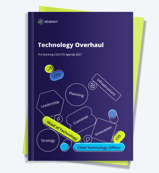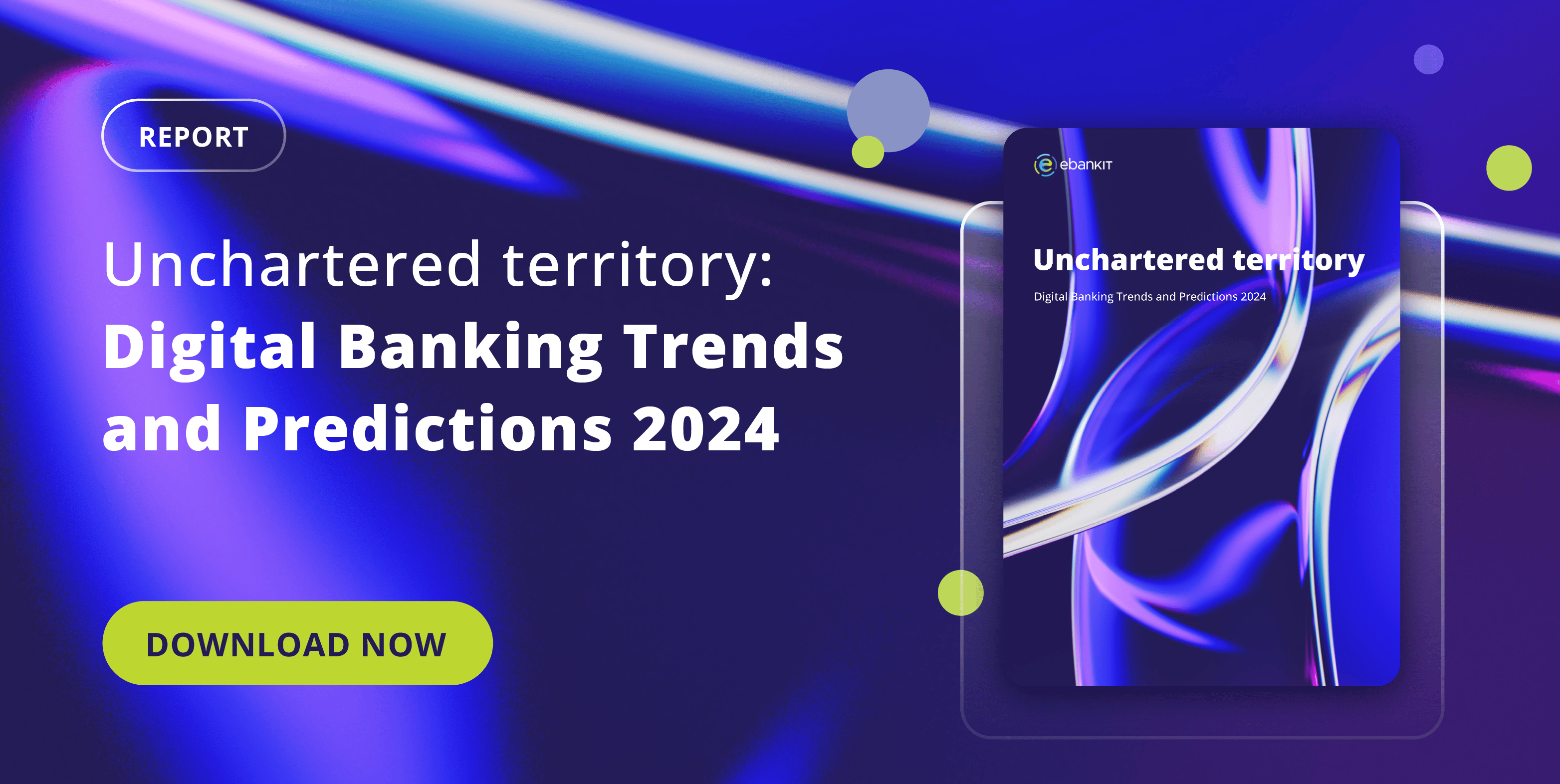ESG takes center stage
In response to mounting societal and regulatory pressures, the financial world has rapidly embraced ESG (Environmental, Social, and Governance) considerations within the banking sector. This transformation has compelled banks to reconfigure their overall business approaches, with ESG criteria now permeating lending, investment, and risk assessment processes.
Simultaneously, banks are diversifying their offerings to place a heightened emphasis on sustainability. The range of ESG-focused products and services is poised for expansion in 2024, with the potential inclusion of specialized green financing options for renewable energy ventures, the introduction of sustainable investment portfolios, and the creation of credit products aligned with ESG principles.
Therefore, commitment to environmental programs is expected to increase in the near future as financial institutions take proactive measures in areas such as emissions reduction, climate change mitigation, and renewable energy initiatives.
The harvests of 2023 set the path for 2024
Banks play a crucial role in achieving climate transition goals. They are seen as the key to encouraging corporate adoption of climate targets and strategies. Organizations like the Sierra Club, Rainforest Action Network, and Ceres have criticized banks that still finance fossil fuel companies for not fulfilling their promises to transition to cleaner alternatives. They are joining forces with investor groups, governments, and other members of the banking industry to push for faster action and a shift in customer bases to meet carbon reduction targets. Financial institutions need to act swiftly or face pressure from investors, customers, governments, and new regulations.
At COP28 last December, the world watched as new promises to expand sustainable financing were announced. Climate-Resilient Debt Clauses (CRDCs) in lending agreements were expanded with new pledges from the UK, France, World Bank, IDB, EBRD, and AfDB. CRDCs help countries invest in climate action and recover from climate disasters by providing “fiscal space.” These pledges support the COP28 Global Climate Finance Framework. Less-developed nations welcomed the announcements, emphasizing the importance of addressing climate challenges.
Multilateral Development Banks warn of closing window for climate action. The European Investment Bank and nine other development banks emphasize the need for urgent action to increase climate finance and improve outcomes measurement. UAE banks join in making substantial financial pledges for green finance, while the Sierra Club focuses on monitoring progress against climate strategy promises.
Watchdogs criticized banks for failing to meet climate and fossil fuel transition commitments. JPMorgan Chase, the largest American bank, has made some positive strides but is still concerned due to its broadened energy investment scope. The Sierra Club and other climate activist organizations have called out JPMorgan Chase and other banks for lacking credible plans to transition away from fossil fuel financing. A recent Sierra Club report graded asset managers and highlighted the role of major US banks in funding fossil fuel expansion. The report accuses banks of diverting attention with incomplete net-zero transition plans while still providing funding for fossil fuel companies.
ebankIT was recognized for its outstanding ESG achievements at the esteemed 1000 Largest Portuguese SMEs Conference hosted by Exame Portugal. By combining their unique skills and resources, ebankIT and financial institutions can collaborate to develop innovative solutions that tackle ESG challenges and foster a positive impact on society and the environment.
Where ESG matters for bank ratings
ESG scores are designed to support financial institutions and corporations to measure and monitor inherent ESG risks across their financial exposures - both equity and debt. ESG considerations have a direct impact on credit ratings. Fitch Ratings evaluates 14 general ESG issues for banks using a scale of ‘1’ to ‘5’, where ‘1’ indicates irrelevance and ‘5’ indicates high relevance for the rating. An elevated ESG.RS score of ‘4’ or ‘5’ can positively or negatively influence the rating decision.
According to Fitch, governance holds the utmost significance when it comes to evaluating ESG ratings for banks. It is imperative for all banks to actively address governance risks, with a minimum ESG.RS of ‘3’ for all governance issues, underscoring their relevance to bank ratings, albeit with a relatively low impact. However, it is concerning that 14% of rated banks received elevated governance scores as of the end of 2021, indicating that governance concerns have a detrimental effect on their credit ratings.
To achieve success, a bank must implement an ESG strategy that is consistently carried out as an ongoing and coordinated process rather than a series of isolated events. It is crucial to begin with a clear vision for the overall ESG strategy, defining desired outcomes and adopting a comprehensive and structured approach. By doing so, banks can effectively align their actions with their ESG goals and make a meaningful impact in the financial world.
While creating the roadmap, financial institutions should dedicate their efforts to establishing a solid foundation for prioritizing new ESG initiatives. This involves defining key performance indicators (KPIs), data requirements, and reporting frameworks that will be utilized for measuring and effectively communicating results.
Amidst these shifts and opportunities, financial services CIOs are directing their efforts toward innovative digital business strategies, using sustainability data platforms for tracking sustainability metrics and KPIs, benchmarking against industry peers, and consistently monitoring progress.
CIOs must have better tools to assess ESG initiatives, with AI playing an important role in measuring success. We expect to see ESG play a central role in financial services going forward, and institutions will expand their efforts throughout 2024.
8 steps to address ESG issues

- Review your institution’s current strategy.
- Assess the importance of ESG topics to the bank and stakeholders.
- Engage stakeholders to validate your strategy.
- Establish a governance structure for ESG issues.
- Identify the data requirements for measuring and reporting ESG issues.
- Document current ESG efforts and sustainability initiatives.
- Update senior management and educate employees regarding the critical and growing importance of ESG concerns.
- Stay informed on ESG issues and stay abreast of ESG reporting requirements.
Sustainable banking is the future
It is crucial to take action now rather than later. While regulators initially focused on large, national organizations, regional and community banks can anticipate facing similar scrutiny on ESG regulatory and reporting requirements in the near future.
Moreover, consumers, employees, and investors have access to a wealth of data about a bank’s impact on environmental and social issues, as well as its governance, fraud prevention, and data security measures. Therefore, it is critical to establish an effective ESG strategy for both regulatory compliance and reputation management.



%20without%20SAM%20-%20Maturity%20Level%20-%202-KO%20edit.webp?width=160&height=57&name=67768-ebankIT%20Platform%20-%20CMMI%20Development%20V2.0%20(CMMI-DEV)%20without%20SAM%20-%20Maturity%20Level%20-%202-KO%20edit.webp)
